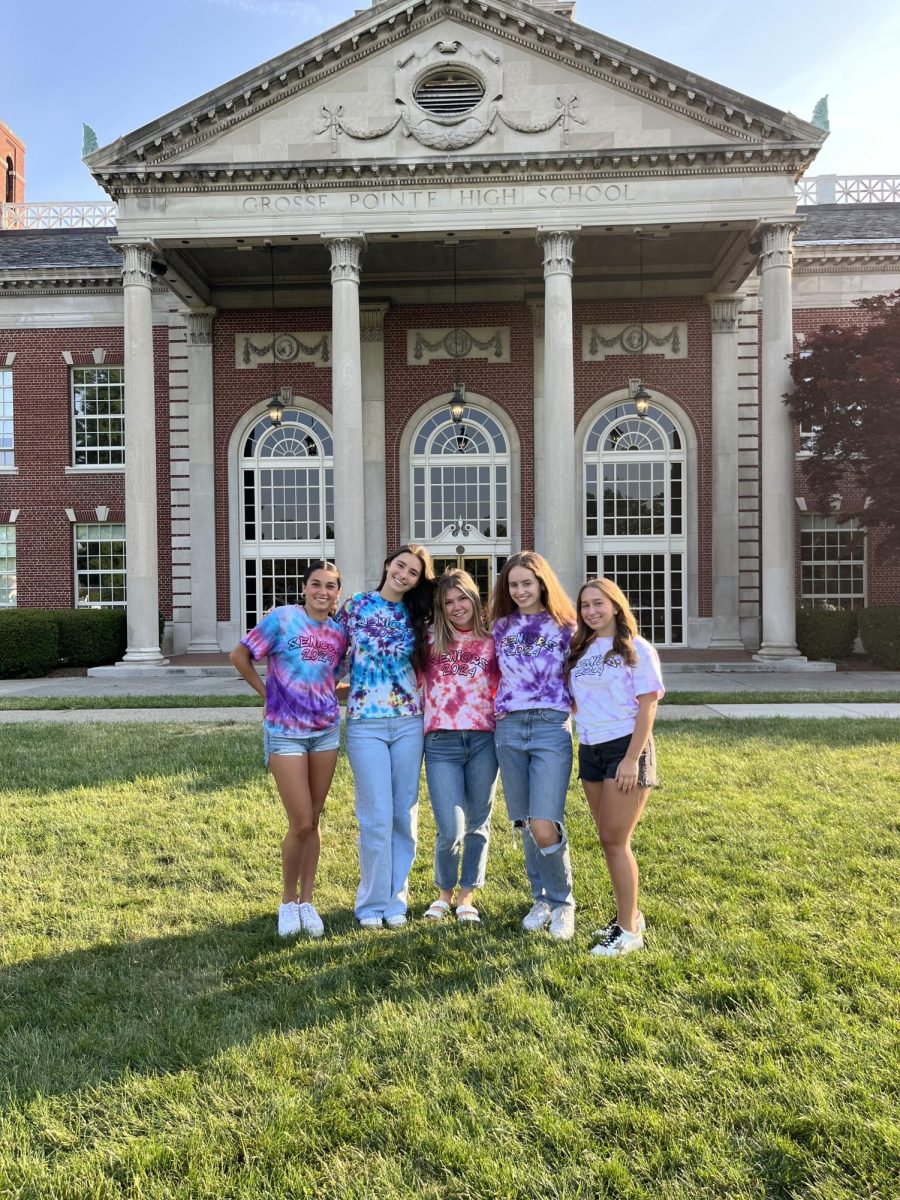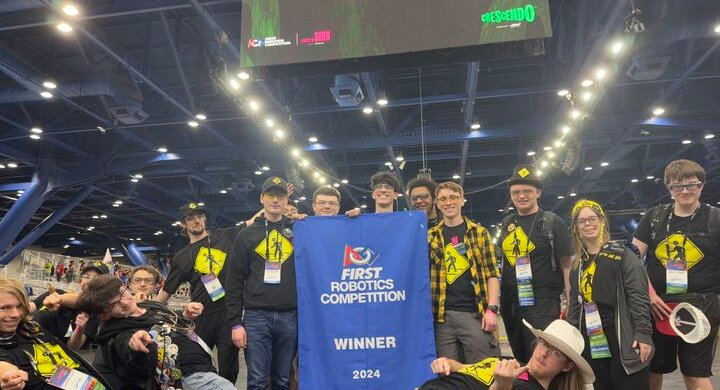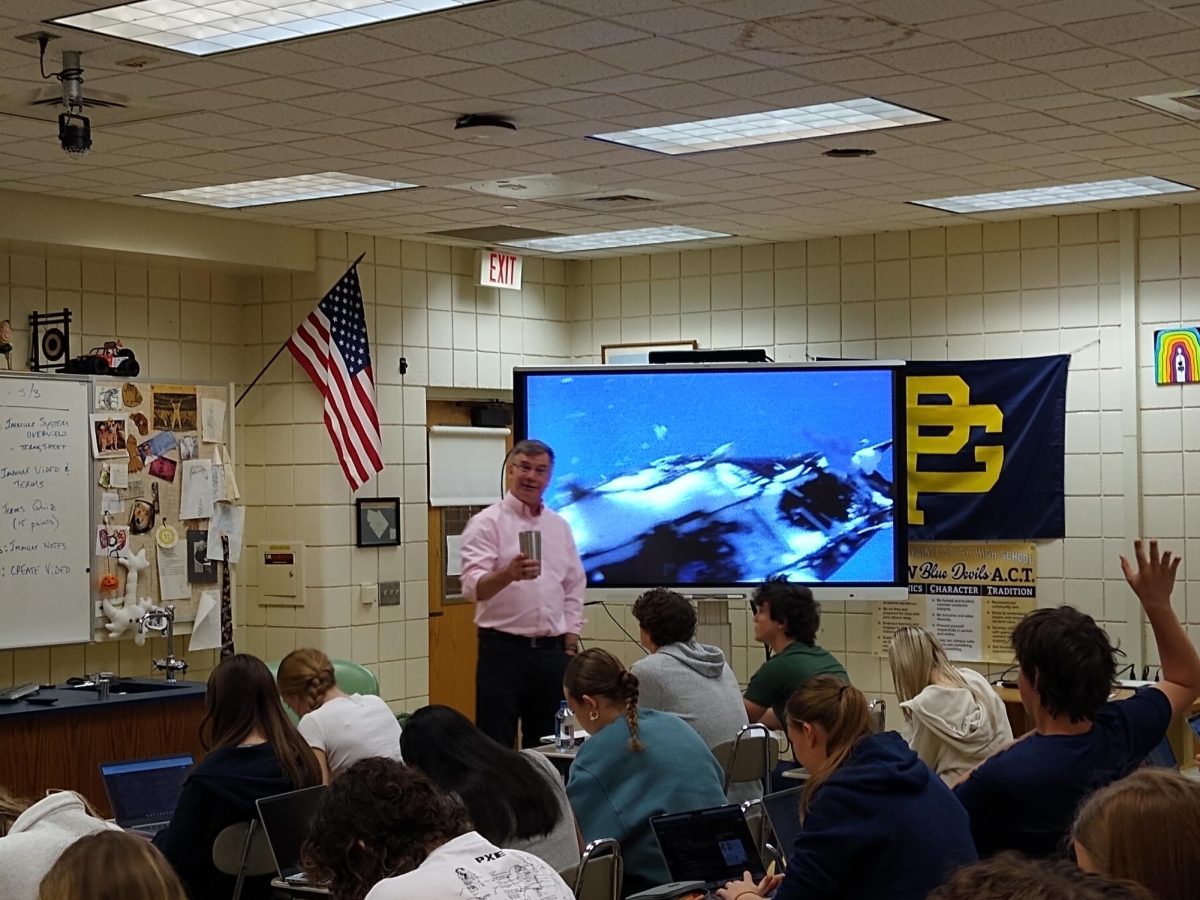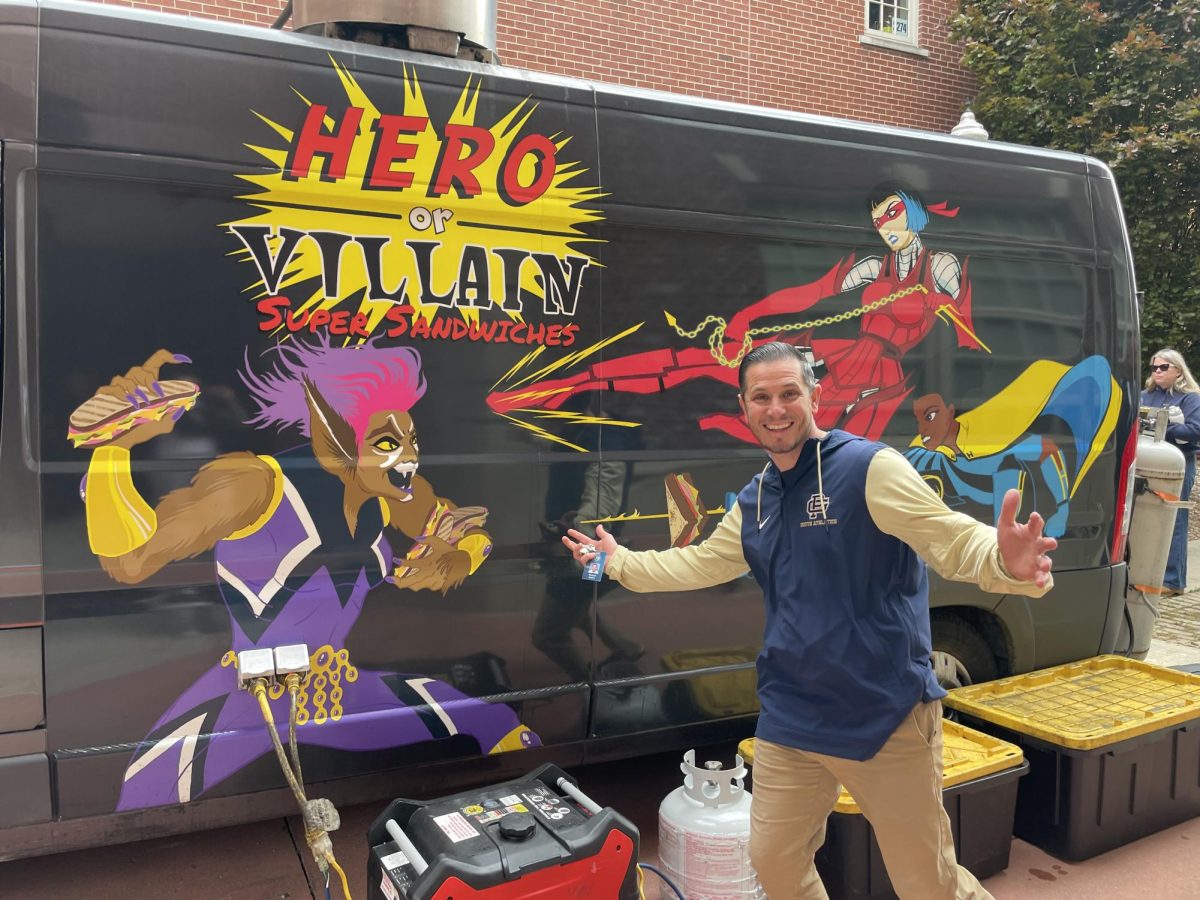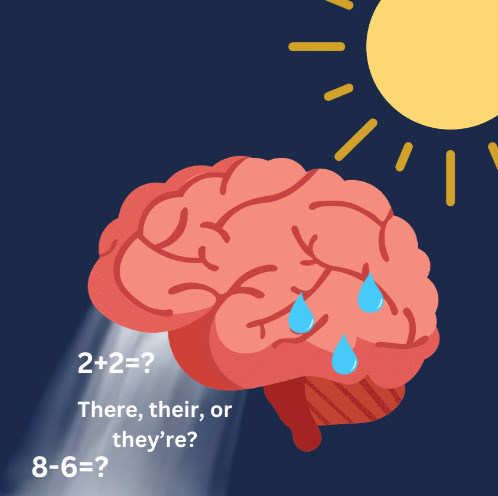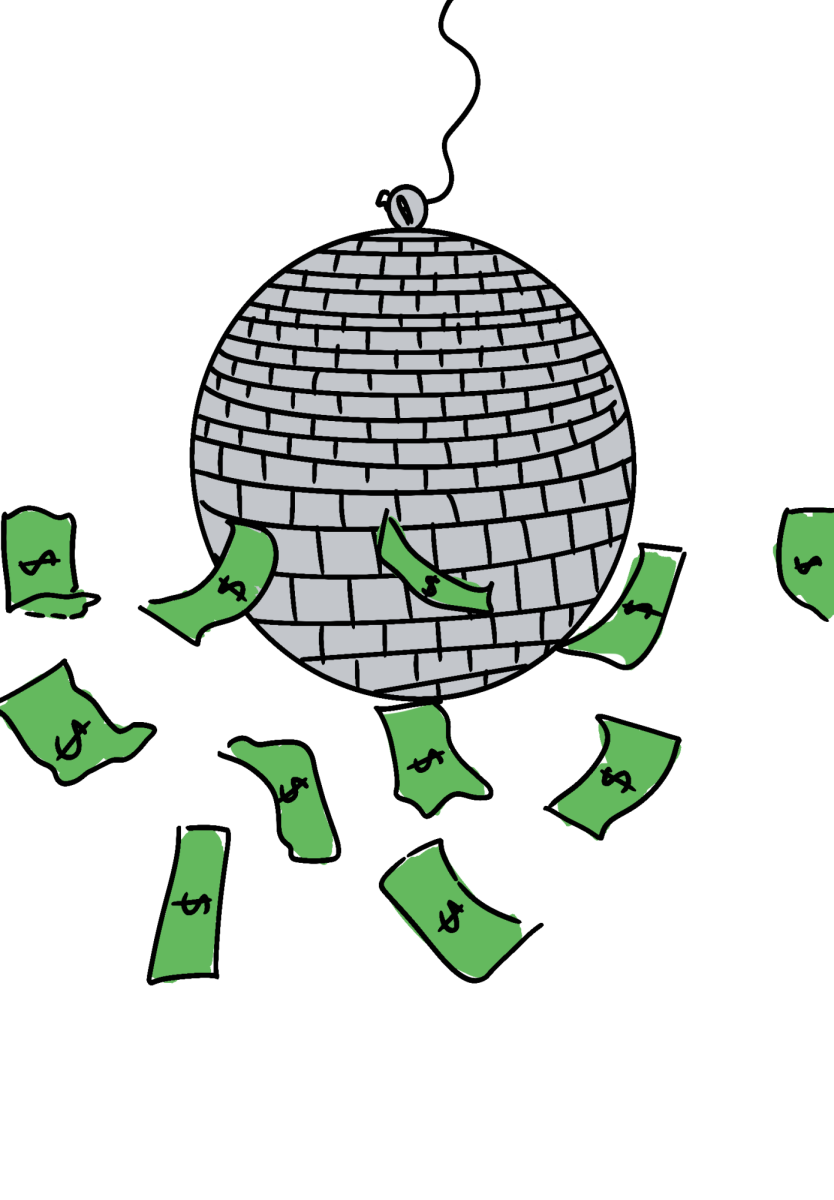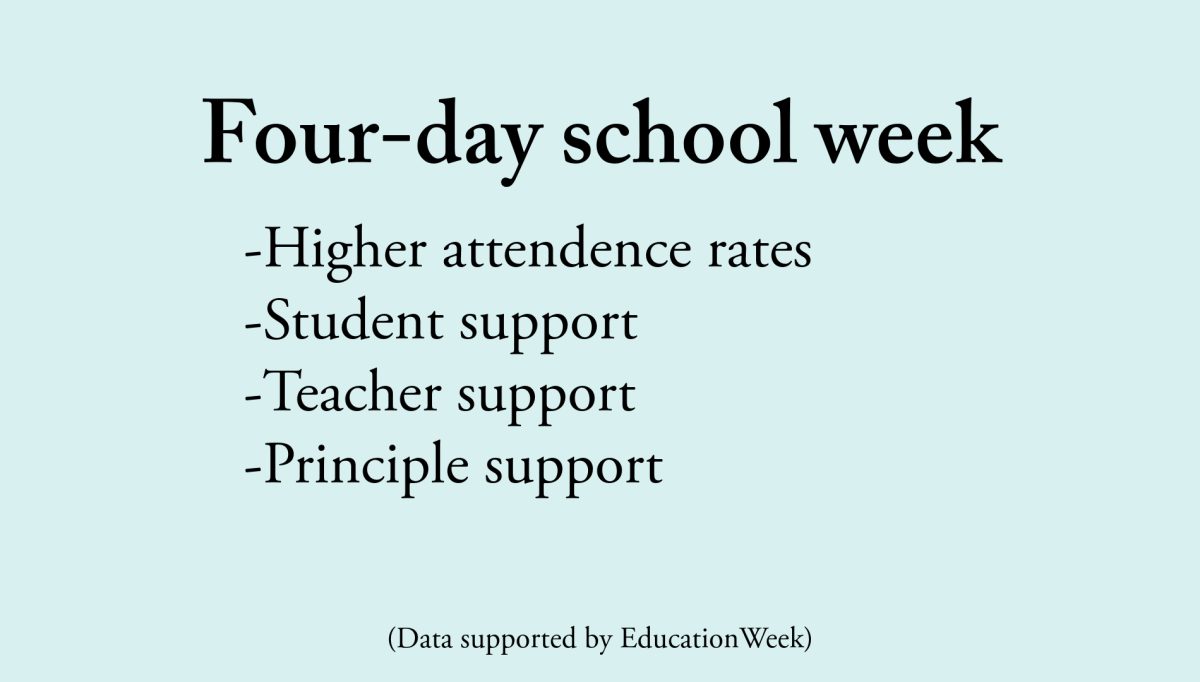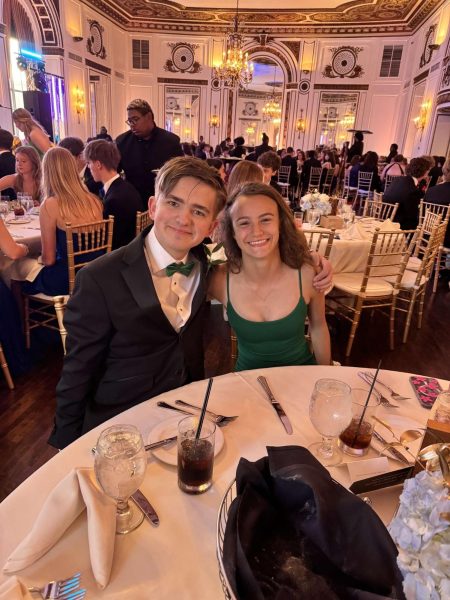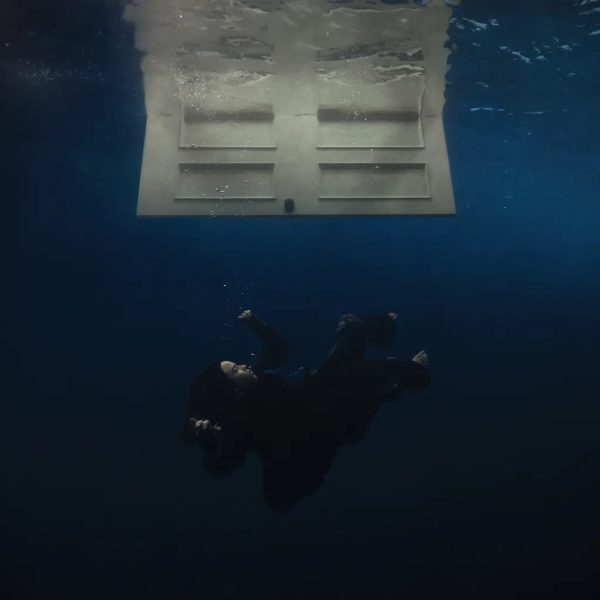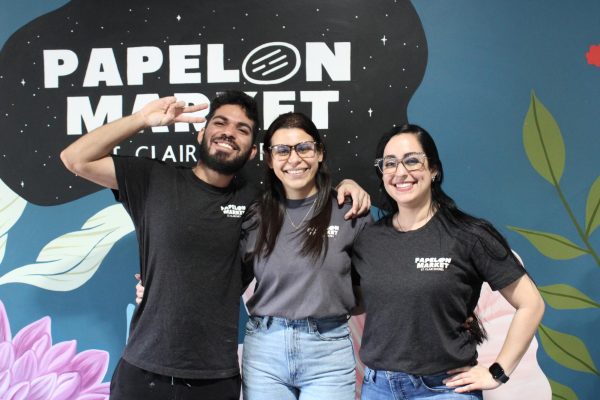Peter Pan and Wendy is far from magical
May 17, 2023
Based on J.M. Barrie’s novel, the classic Peter Pan has been remade into a variety of movies, books, TV shows and musicals. The newest in this collection, “Peter Pan & Wendy”, is Disney’s official live-action remake of their 1953 hit. Rather than an addition to the franchise, this film attempts to remake the original in a more bold and modern sense. This attempt to soar to new heights is what leads them to crash- land into overdone cliches and unlikeable characters.
The biggest problems are the titular characters:; Wendy (Ever Gabo Anderson) and Peter (Alexander Molony). Let’s start at the beginning; not with the movie, but the book. The beauty of this literary character is, in part, due to her femininity. She is curious and kind, and a “mother” to the Lost Boys. The development of her maternal nature to the other children is intentional. It is not just a representation of her, and her desire to grow up, it is a representation of the Lost Boys. These are children who believe a mother is someone who merely reads them stories, children who, despite never aging, have no one to take care of them. They lack the love of any parental figures. Wendy and the Lost Boys are playing family, and eventually realize that it’s better to go home and grow up, than stay young and alone. Wendy represents hundreds of little girls who read the book or watch the movie – on the brink of growing up, and afraid of the future. SBut she inspires readers to face it with strength and maturity, and to continue being kind and curious throughout their lives. The movie interpretation misses this mark immensely. In addition to flat-out removing these scenes, they attempt to destroy many of Wendy’s relationships. She spends most of the movie arguing with Peter, and it’s difficult to watch them bicker and fight for two hours. Is the turmoil of their friendship important? Of course. But it’s also vital to show their friendship. By stripping Wendy of her character values and placing her in the oh-so-overdone mold of a “bold” female, the film loses what makes the plot beautiful. The attempt at feminism is contrived and doesn’t ring true for the intended audience. Peter, however, is not a far cry from his book counterpart. The original Peter Pan is narcissistic, childish, and rude. The movie certainly carries this out. However, they play into these traits too much. In Barrie’s novel, these are major parts of Pan’s character. But he’s also fun-loving and exciting. His egocentrism gets a bit of a pass, because he’s literally a child. And he acts like one. In the film, by giving Peter a longer backstory, viewers can’t see him in as much of a forgiving light. We see too many of his flaws, and not enough of his strengths. It’s a balance issue, and Peter has tipped the scales right into unlikeable territory.
There are two other major plot points I can’t leave out, however much I want to. The directors decided to give the story’s villain, Captain Hook (Jude Law), a traumatic backstory. In theory, this makes sense. Antagonized antagonists are often a hit with audiences, driving the capability for a redemption arc. The problem here is that it throws the entire movie into a tonal blender. Is this movie supposed to be whimsical? Dramatic? Sad? It’s frankly impossible to settle on the seriousness of a pirate’s history, or his intimidating nature when you have child actors flying around and mermaids jumping out of the water to flirt. And personally, the lack of a dramatic pirate hat is incredibly hurtful. Jude Law, what are you doing in this movie? This is above your pay grade. If they wanted to execute a darker-toned movie, they should lean into it all the way. The other major interpretation issue is that of Tinker Bell (Yara Shahidi). One of Disney’s most iconic characters, Tinker Bell has been a staple of the franchise for as long as they’ve been making movies. Her sassy nature renders her immediately interesting to watch, and she consistently pushes the plot forward. Does she model some outdated stereotypes of female jealousy? Yes. But rather than exploring that, the new film paints over it entirely. Tinker Bell has a total of two lines in the movie and nearly no screen time, despite being a vital part of the original plot. They attempted to twist her into a plot device, in order to paint Peter Pan as a misogynist, but it comes off as shallow and forced. Rather than taking the character’s issues and improving them, they simply made an entirely new character to replace her.
There are a few small improvements to the movie. Namely, the Lost Boys and the Cree. The Lost Boys have been expanded to include Lost Children of all genders and skin tones. I certainly appreciated the diversity, but more so appreciated the uncontrived nature of it. It’s not marked as important that these children look different from each other, it’s merely accepted. This casual representation is incredible, and exactly what I wished they’d brought to the concept of feminism. All of these children are merely children. Nothing else is important. The Cree are the other notable group featured in the film. This interpretation is a marked improvement from the 1953 film, which certainly played up some racist stereotypes. Tiger Lily (Alyssa Wapanatâhk), as well, was incredible. The directors turned her relationship with Pan into a platonic one, strengthening the power of their dynamic. They also turned her no-line, damsel-in-distress character into a powerful fighter with actual depth of personality. She was exciting to watch, and a powerhouse any time she was on screen. I do wish directors had featured the Cree more prominently, but what they did include was stellar.
This movie has some major flaws. In addition to misconstruing the original text, they added some incredibly forced themes of feminism. If they could execute this change well, I would support it wholeheartedly. But what they created is contrived and damaging. Are there good parts of the movie? Certainly. But with so many Peter Pan interpretations out in the world, this one isn’t quite worth watching.


